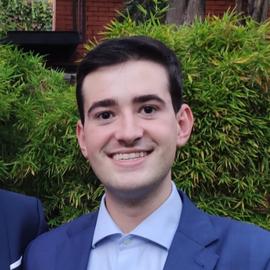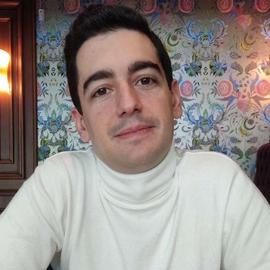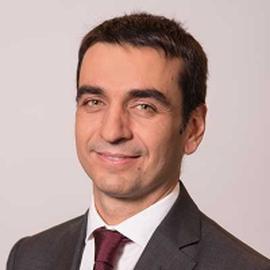Resumen
Social networks are in continuous evolution, and its spreading has attracted the interest of both practitioners and the scientific community. In the last decades, several new interesting problems have aroused in the context of social networks, mainly due to an overabundance of information, usually named as infodemic. This problem emerges in several areas, such as viral marketing, disease prediction and prevention, and misinformation, among others. Then, it is interesting to identify the most influential users in a network to analyze the information transmitted, resulting in Social Influence Maximization (SIM) problems. In this research, the Budget Influence Maximization Problem (BIMP) is tackled. BIMP proposes a realistic scenario where the cost of selecting each node is different. This is modeled by having a budget that can be spent to select the users of a network, where each user has an associated cost. Since BIMP is a hard optimization problem, a metaheuristic algorithm based on Greedy Randomized Adaptive Search (GRASP) framework is proposed.
Publicación
Journal of Ambient Intelligence and Humanized Computing

Doctor en Inteligencia Artificial
Isaac Lozano se graduó en el Doble grado de Ingeniería Informática e Ingeniería de Computadores por la Universidad Rey Juan Carlos. Al finalizar el doble grado, fue galardonado con el premio al Mejor Proyecto Fin de Carrera. Posteriormente, realizó un Máster en Investigación en Inteligencia Artificial (UIMP) y es doctor por la Universidad Rey Juan Carlos. Sus principales intereses de investigación se centran en la interfaz entre las Ciencias de la Computación, la Inteligencia Artificial y la Investigación Operativa. La mayoría de sus publicaciones tratan sobre el desarrollo de procedimientos metaheurísticos para problemas de optimización modelados por grafos.

Profesor Titular de Universidad
Profesor Titular del Departamento de Informática, siendo uno de los investigadores principales del Grupo de Investigación de Algoritmos para la Optimización GRAFO.

Catedrático de Universidad
Mi carrera investigadora se ha centrado en el desarrollo de nuevos algoritmos y técnicas de Inteligencia Computacional (metaheurísticas) y su aplicación a diferentes problemas en Ciencia e Ingeniería desde que me incorporé a la Universidad Rey Juan Carlos (URJC) en el octubre del año 2000.